Publications
Articles, publications, books, tools and multimedia features from the U.S. Institute of Peace provide the latest news, analysis, research findings, practitioner guides and reports, all related to the conflict zones and issues that are at the center of the Institute’s work to prevent and reduce violent conflict.
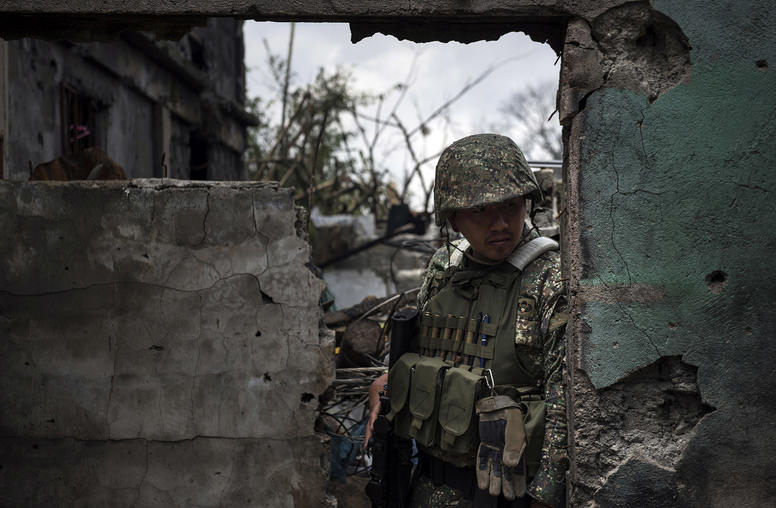
Examining the Military’s Soft Power Challenge in the Southern Philippines
This is a moment of both real and potential transition for the AFP, as the prospect of sustainable peace in the Bangsamoro Autonomous Region in Muslim Mindanao (BARMM) and at least wearying of non-state threats could enable a transition in force posture from a focus on internal security operations to broader regional defense.
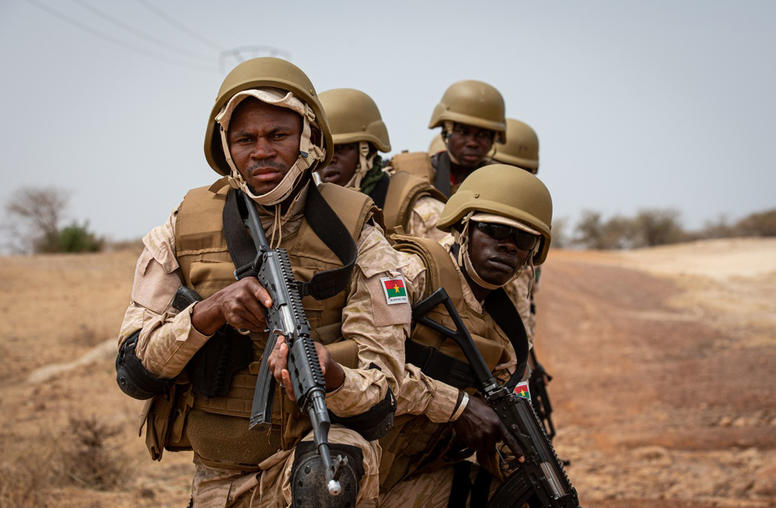
Countering Coups: How to Prevent Armed Seizures of Power
Armies have seized power in five states of the greater Sahel over nine months, cementing this African region as the most pronounced center of a global crisis. The Sahel’s military coups d’état are an acute symptom of poor and authoritarian governance that is breeding extremism and transnational criminality, igniting violence and undermining efforts to build democracies. These crises highlight widening security risks for the Sahel’s 135 million people and ultimately for Europe and the United States. Congress has begun urgently needed policy changes that analysts say should now be accelerated to prevent further coups and to buttress stability and democracy.
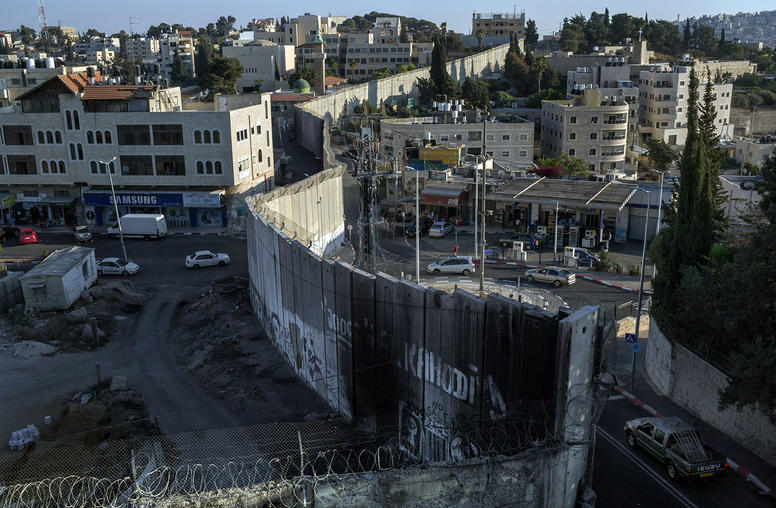
The Israeli-Palestinian Conflict: The Danger of ‘No Solution’ Messaging
Israeli Prime Minister Naftali Bennett has made it clear that he has no interest in reviving the Israeli-Palestinian peace process. In a recent interview, he affirmed his longstanding position that he “opposes a Palestinian state and will not allow talks on the line of a Palestinian state.” Echoing Bennett, Israel’s more moderate Alternate Prime Minister Yair Lapid — set to take over in August 2023 — says he, too, will not seek peace talks once he takes office, despite his stated support for a two-state solution.
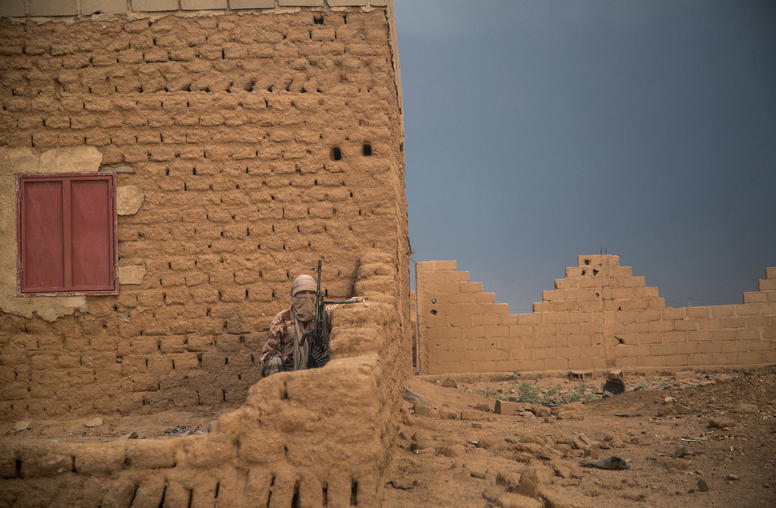
Community-Based Armed Groups: A Problem or Solution?
The RESOLVE Network’s multiyear research on Community-Based Armed Groups (CBAGs) has established critical findings for the international community on how to engage, manage and transform violent actors in conflict-affected states. While mitigation efforts tend to target anti-state extremist organizations, understanding the behavior of CBAGs is essential for comprehending complex conflict ecosystems and reassessing approaches toward peace and stability.
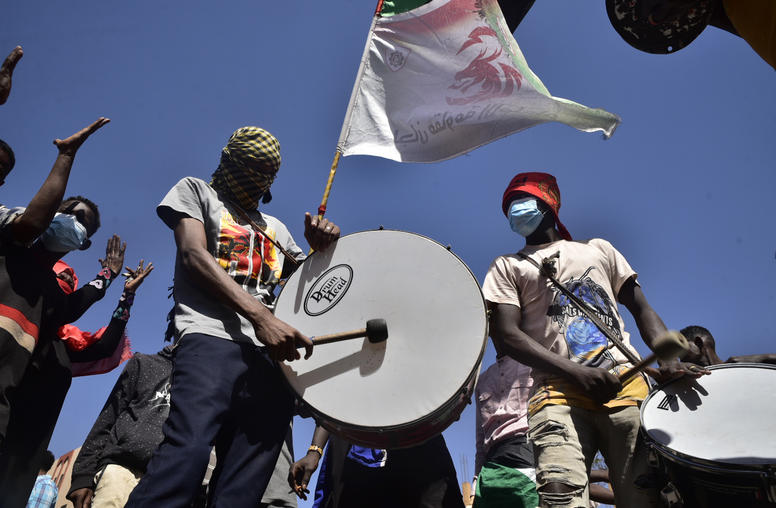
Countering Coups: How to Help Rebuild Democratic Rule
The past year’s surge in coups around Africa’s greater Sahel region highlights the need for the United States, other democracies and African governments to improve past practices that often have been ineffective in preventing armed seizures of power and in reversing them when they occur. Many Sahel countries have suffered repeated coups—a warning that we need to strengthen the ways that we shape our efforts at restoring democracy. USIP experts suggest that these transitions must become periods for broad, national dialogues to set agendas for change that can make strengthen democracy and interrupt cycles of failed governance.
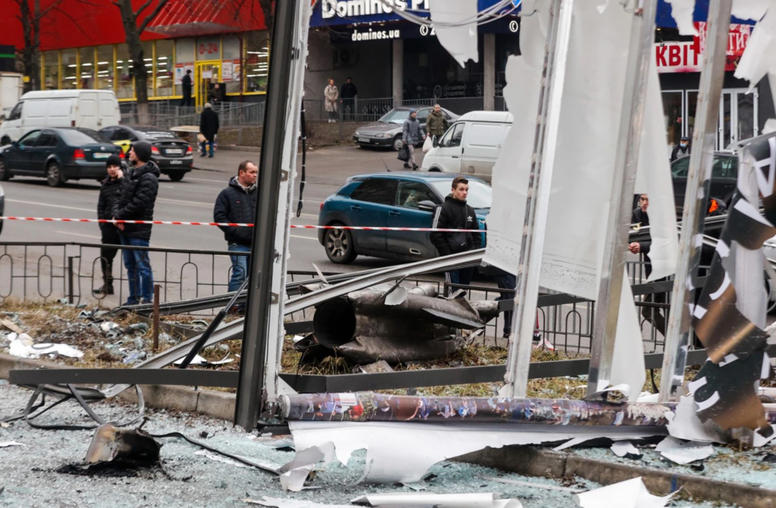
Ukraine: Putin Chooses His ‘Forever War’
Russian President Vladimir Putin’s massive, unprovoked invasion of Ukraine has received the immediate response promised by the United States and allied democracies: economic sanctions and solid support for Ukraine’s self-defense. While deterrence failed to divert Putin from war, its escalation remains a vital tool for the community of democracies to support Ukraine. The choice continues to be Putin’s—to stand down or to dive into an abyss of Europe’s most destructive war in eight decades.
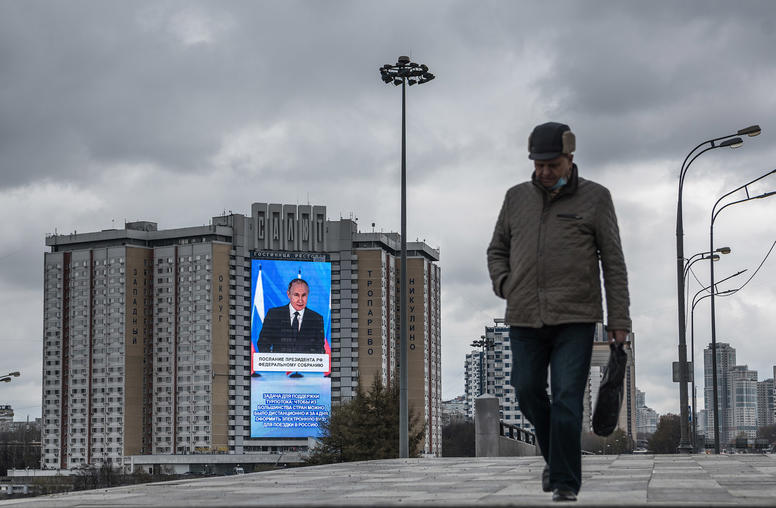
With Friends Like These: How Russia’s Invasion of Ukraine Hurts Central Asia
While accepting Russia’s big footprint in their security and economic lives, Central Asian countries have tried to conduct “multi-vector” foreign policies. These countries know that having good (or at least balanced) relations with Russia, China and the United States is important in the long term — and that Central Asian leaders who’ve tried to play the big powers against each other often wind up the loser.
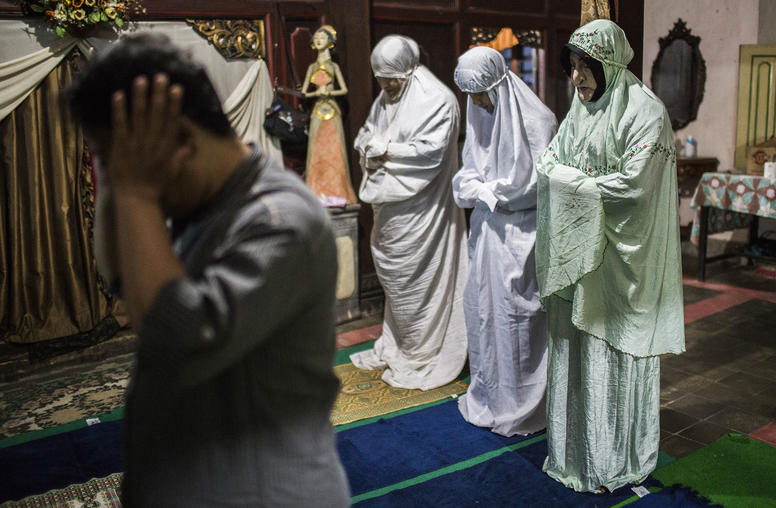
Exploring the Nexus of Religion and Gender and Sexual Minorities
Peacebuilders and practitioners have long recognized that knowledge of local contexts leads to more practical and effective programming. However, knowledge of unique gender and sexual identities, as well as cultural practices, has been mostly absent from the long list of cultural dynamics that are assessed when looking at local peacebuilding contexts — despite often holding deeply important symbolic, religious and political meanings.
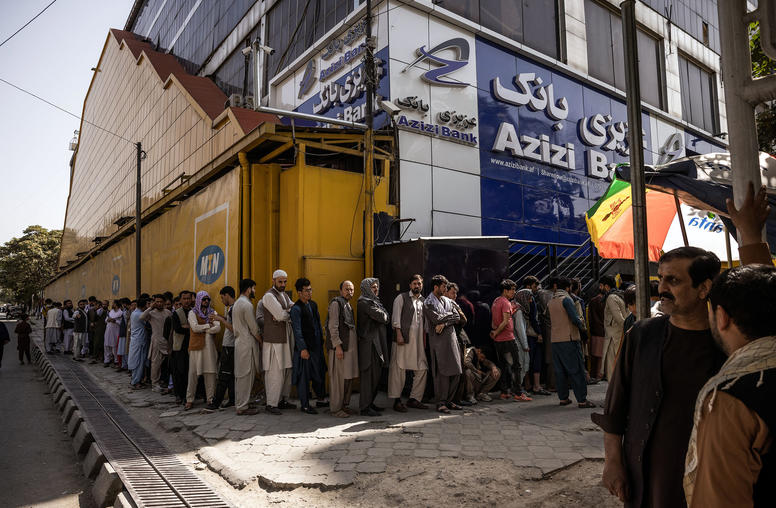
Afghanistan’s Frozen Foreign Exchange Reserves: What Happened, What’s Next
President Biden’s executive order blocking more than $7 billion of Afghan foreign currency reserves held at the U.S. central bank left confusion and consternation in its wake. And no wonder: The administration was seeking to balance a complex set of legal, foreign policy and political considerations.
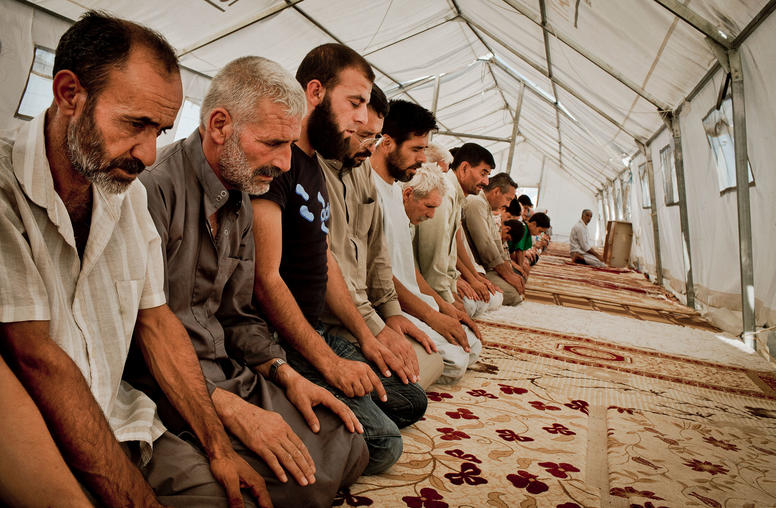
Peaceful Masculinities: Religion and Psychosocial Support Amid Forced Displacement
The number of people displaced globally due to conflict and violence nearly doubled between 2010 and 2020 from 41 million to 78.5 million, the highest number on record. Forced displacement, within and across national borders, exposes persons to stressful events and trauma, making psychosocial support a critical part of successful integration in new communities and societies. Those forcibly displaced include women and girls, men and boys, and gender and sexual minorities.